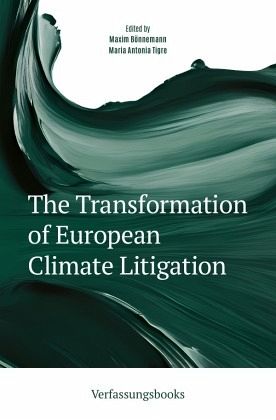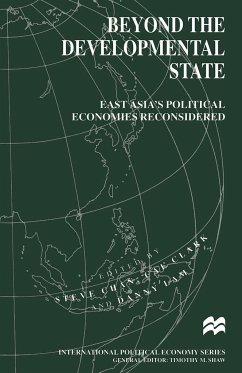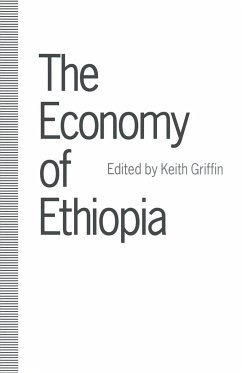
The Transformation of European Climate Litigation
Versandkostenfrei!
Versandfertig in 6-10 Tagen
10,00 €
inkl. MwSt.

PAYBACK Punkte
0 °P sammeln!
In Spring 2024, the European Court of Human Rights ruled for the first time that inadequate climate mitigation violates human rights. The Court's landmark rulings have significant implications, ranging from the design of domestic climate laws and ques- tions of standing to international trade issues and the European Union's climate governance.Building on a symposium by Verfassungsblog and the Climate Law Blog, this book offers the first comprehensive assessment of the rulings in KlimaSeniorinnen, Duarte Agostinho, and Carême. It explores key innovations, missed opportunities, and the untaken ...
In Spring 2024, the European Court of Human Rights ruled for the first time that inadequate climate mitigation violates human rights. The Court's landmark rulings have significant implications, ranging from the design of domestic climate laws and ques- tions of standing to international trade issues and the European Union's climate governance.Building on a symposium by Verfassungsblog and the Climate Law Blog, this book offers the first comprehensive assessment of the rulings in KlimaSeniorinnen, Duarte Agostinho, and Carême. It explores key innovations, missed opportunities, and the untaken paths in European climate litigation.












